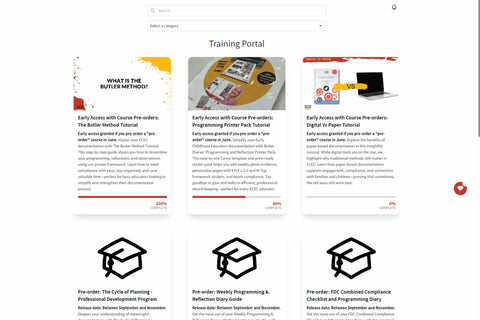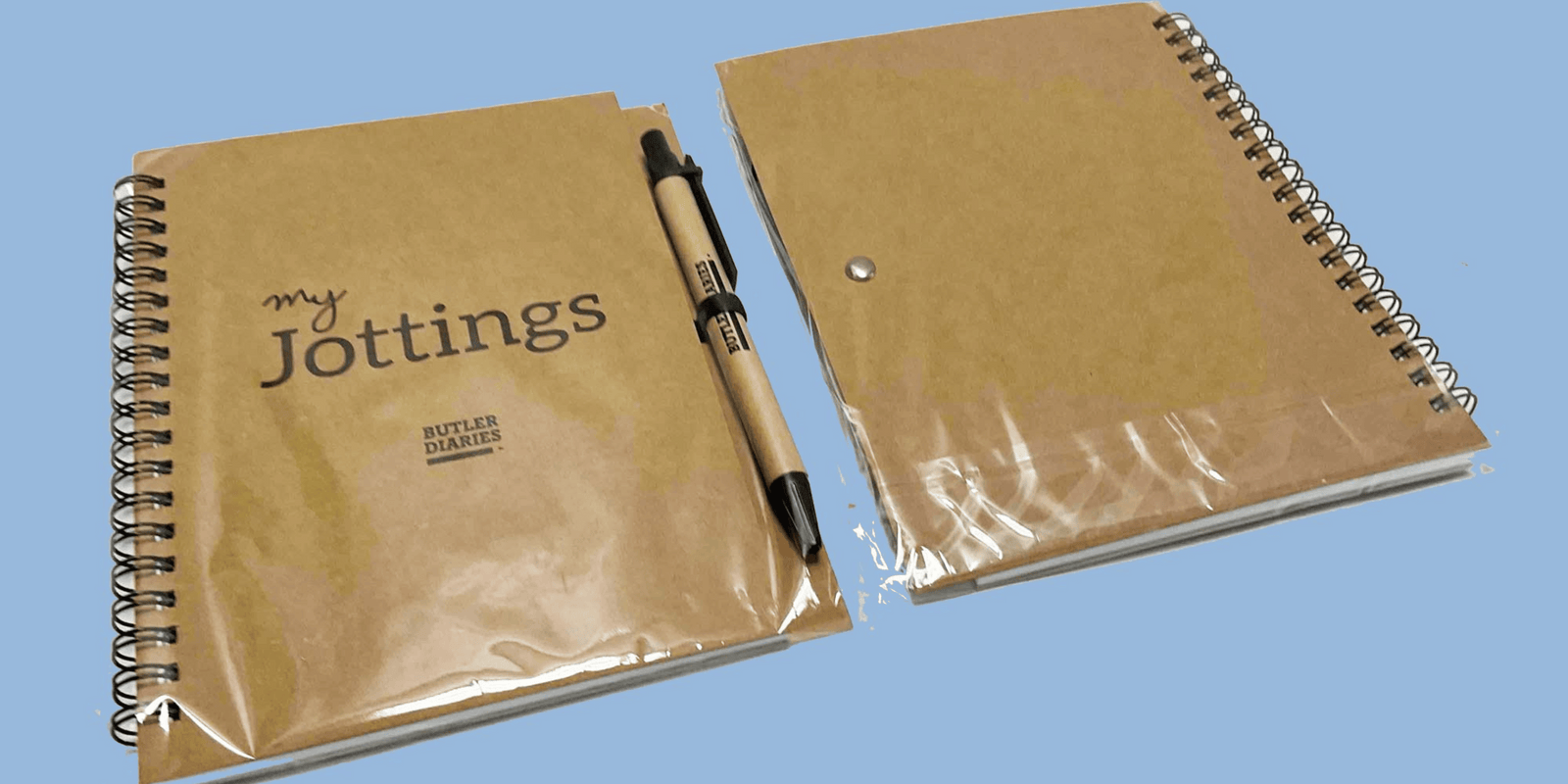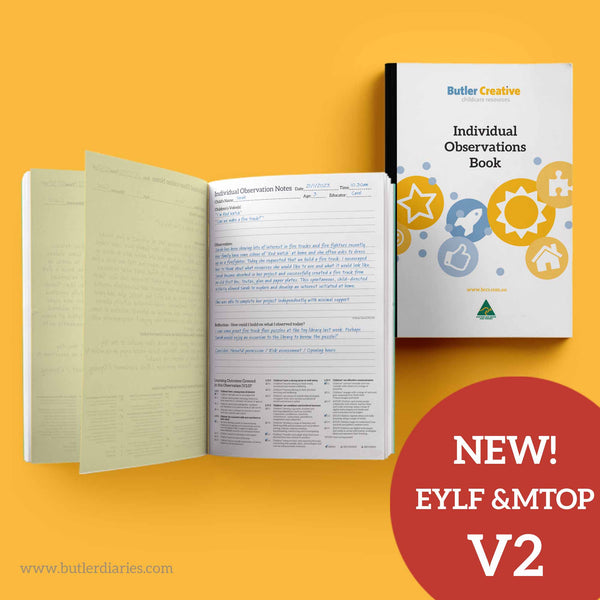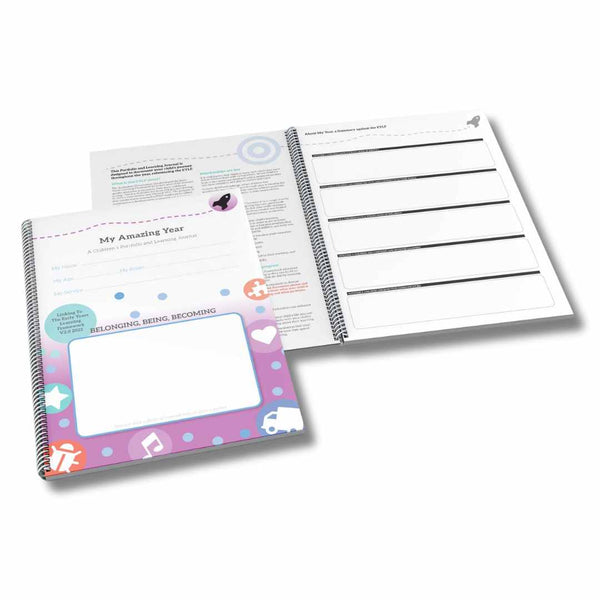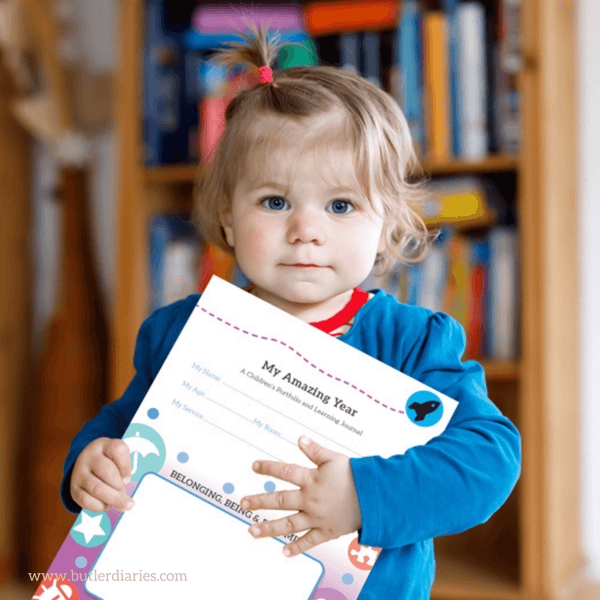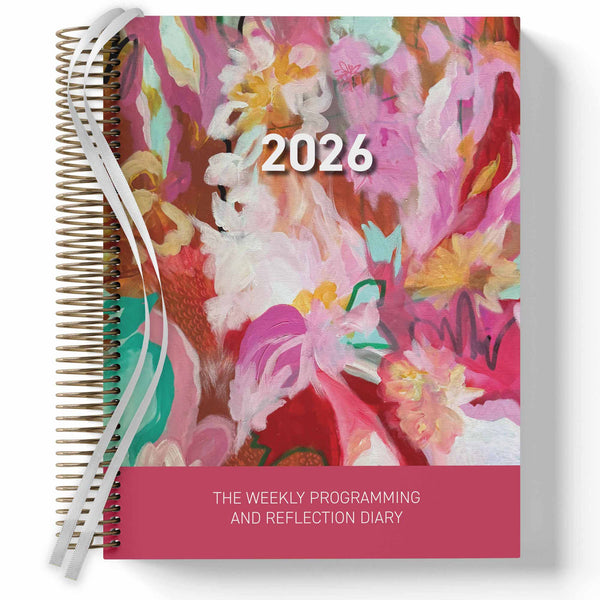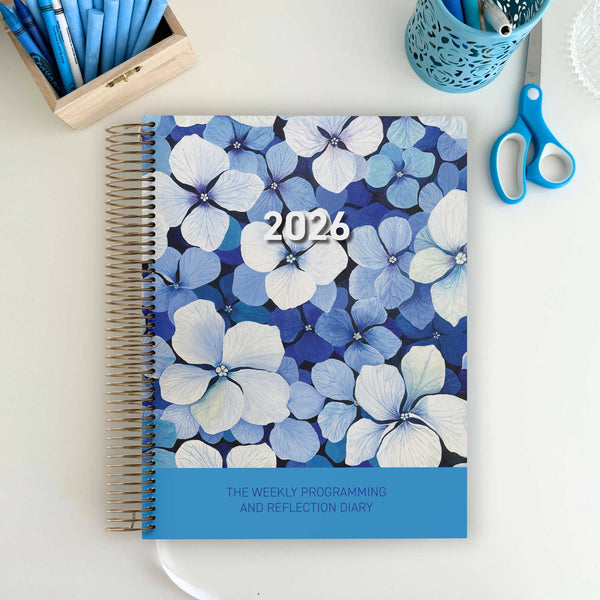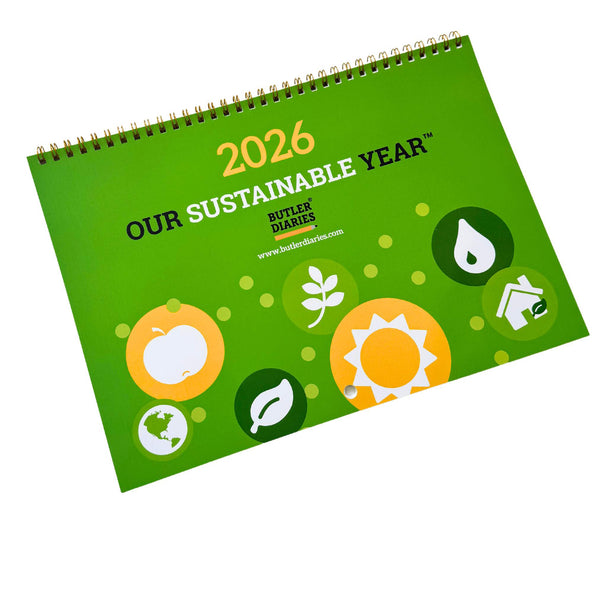In Early Childhood Education and Care (ECEC), jottings play a crucial role as a form of observation and documentation. Jottings are concise, brief notes or records made by educators to capture significant moments, behaviours, or interactions of children in their care. These observations are integral to the EYLF, as they support the principles and practices of the framework, emphasising the importance of understanding and responding to children's interests, strengths, and learning styles.
Key aspects of jottings in ECEC and their alignment with the EYLF include:
-
Documentation of Children's Experiences: Jottings serve as a means to document the experiences and activities of children within the ECEC setting. This documentation can encompass various aspects of a child's development, such as their social interactions, language development, problem-solving skills, and creative expressions.
-
Individualised Learning: EYLF emphasises the individuality of each child and the need for tailored learning experiences. Jottings enable educators to track and recognise the unique strengths, interests, and progress of each child. This personalised approach supports the EYLF principle of "Belonging, Being, and Becoming."
-
Reflective Practice: The act of jotting down observations encourages educators to engage in reflective practice. By revisiting their notes, educators can gain insights into children's learning journeys, identify areas for improvement, and make informed decisions about curriculum planning and pedagogy, aligning with the EYLF's goal of promoting intentional teaching.
-
Engagement with Families: Jottings can also be shared with families, fostering collaboration and communication between educators and parents or guardians. This transparency aligns with the EYLF's focus on building strong partnerships with families to support children's learning and development.
-
Cultural Responsiveness: When making jottings, educators should be culturally responsive, considering the diverse backgrounds and experiences of the children in their care. This approach aligns with the EYLF's commitment to promoting cultural competence and respectful relationships.
In conclusion, jottings are a valuable tool in Early Childhood Education and Care, aligning closely with the principles and practices of the Early Years Learning Framework (EYLF). They enable educators to capture and celebrate the unique narratives of children's learning journeys, ensuring that their experiences are documented, understood, and tailored to their individual needs and interests. This approach reflects the meticulous and dedicated ethos of ECEC professionals, like those supported by Butler Diaries, in their commitment to children's success.
Looking for a dedicated book for your jottings, check out the Jottings Pad and Pen.

